The 54th GST Council meeting chaired by Finance Minister Nirmala Sitharaman was held in New Delhi, making significant updates to India’s Goods and Services Tax (GST) regime. From reducing the tax burden on essential items like cancer drugs to addressing the IGST balance, the decisions taken during this meeting are going to have a wide-reaching impact. Here is an overview of the highlights of the council meeting.
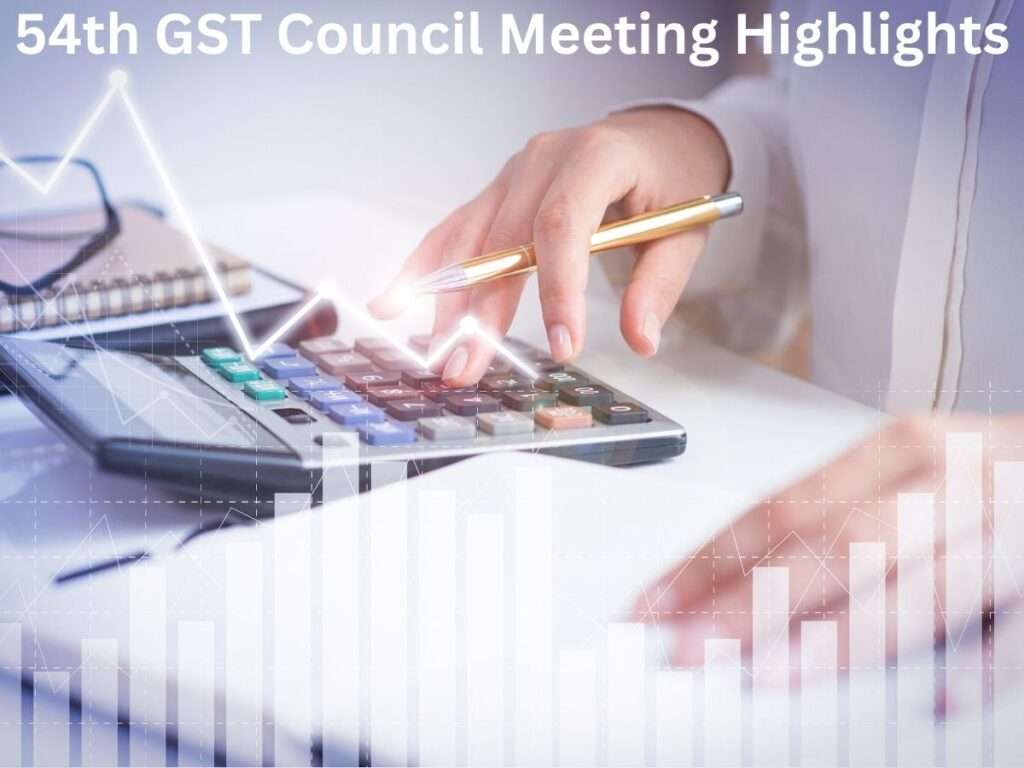
1. GST rate reduction on medical insurance premium in GST Council Meeting
One of the major announcements of the meeting was the proposal to reduce GST on medical insurance premium. A group of ministers (GoM) headed by the Deputy Chief Minister of Bihar has been formed to review this proposal. The GoM will submit its recommendations by the end of October, after which the council will take a final decision in November.
Impact on consumers
This potential reduction could significantly reduce the cost of health insurance, making it more accessible to a large section of the population. This is in line with the government’s broader goal of improving affordability of healthcare.
2. GST reduction on cancer drugs in GST Council Meeting
In a move welcomed by patients and healthcare providers alike, GST on life-saving cancer drugs has been reduced from 12% to 5%. The decision is expected to reduce the overall cost of cancer treatment in India, thereby reducing the financial burden on affected families.
Economic implications
Reducing taxes on such critical drugs is likely to increase access to treatment and aid the healthcare system in addressing the rising number of cancer cases in the country.
3. Salty snacks get cheaper in GST Council Meeting
The GST Council has decided to reduce tax on select salty snacks from 18% to 12%. The move is expected to benefit small businesses in the food sector and provide relief to consumers, especially the middle and lower income groups.
Boost to small-scale industries
Reducing taxes on these snacks may lead to increased consumption, which will help small-scale manufacturers, thereby contributing to growth in the food processing sector.
4. GST relief to foreign airlines
The Council announced relief to foreign airlines operating in India by granting them GST exemption. The measure is expected to make operations more cost-effective for foreign carriers and potentially reduce international airfares.
Competitive edge for aviation sector
This exemption helps level the playing field for foreign airlines, promote competition and benefit Indian travellers who can get lower ticket prices on international routes.
5. GST exemption for government universities and research institutions in GST Council Meeting
Universities and research centres established by central or state government laws will now be exempted from paying GST on research funding. This applies to institutions receiving funds from both public and private sources, promoting higher education and innovation without additional tax burden.
Encouraging research and development
This exemption aims to promote a conducive environment for academic research and development, allowing academic institutions to focus on innovation without financial constraints from GST liabilities.
6. Cess collection and management till 2026 discussed in GST Council Meeting
A key topic of discussion was the estimated cess collection till March 2026, which is estimated to be Rs 8.66 lakh crore. After accounting for debt repayment, a surplus of about Rs 40,000 crore is expected. The Council discussed the future of cess collection beyond 2026, and a group of ministers will be formed to outline the next steps.
Financial stability
This surplus shows that the government is managing its cess collection effectively, but questions remain about the continuation of cess after 2026, which will be addressed in future meetings.
7. Addressing IGST balance
The Council also focused on the issue of negative Integrated Goods and Services Tax (IGST) balance, which has been a matter of concern. A committee headed by the additional secretary of revenue has been tasked with rectifying this, with the aim of recovering the excess IGST amount disbursed to the states.
Long-term solution
By removing these anomalies, the government aims to ensure a more balanced and transparent distribution of tax revenues across states, thereby reducing the risk of imbalances in the future.
8. Rate rationalisation: Upcoming discussions
During the meeting, the group of ministers presented a status report on rate rationalisation. These discussions are ongoing, with the next meeting scheduled for September 23. It aims to create a more equitable and efficient tax structure across various sectors.
What to expect
The next phase of rate rationalisation could see more industries benefit from tax cuts, potentially boosting economic activity in sectors that are currently burdened by high tax rates discussed GST Council Meeting.
9. Changes in renting out commercial property under Reverse Charge Mechanism (RCM)
Another important change announced was the inclusion of renting out commercial property by unregistered persons to registered entities under the Reverse Charge Mechanism (RCM). The move is expected to plug revenue leakages and improve tax compliance in the real estate sector.
Impact on businesses
For businesses renting out properties, this will shift the GST liability onto the recipient of the service, ensuring that tax compliance is maintained and revenue losses are minimised took decision in GST Council Meeting.
10. B2C GST invoices to roll out from October 1 introduced GST Council Meeting
In order to streamline the GST invoice system, the Council introduced business-to-customer (B2C) invoices, which will come into effect from October 1. The change is expected to enhance transparency and accountability in business transactions.
Implications for Small and Medium Enterprises
B2C invoices will help small businesses better track their sales and comply with GST regulations, potentially reducing administrative burden and improving overall tax collection efficiency.
Conclusion
The 54th GST Council meeting saw a number of impactful changes, from reducing GST on health insurance premiums and cancer drugs to rationalising rates on salty snacks. The decisions taken will help streamline the tax structure, reduce the financial burden in key sectors, and enhance the overall compliance framework. The next phase of discussions, especially around rate rationalisation and cess management, is expected to bring even more refinements to India’s GST regime, making it more adaptable to the evolving economic landscape.
ZERODHA 1) : https://zerodha.com/open-account?c=EJ4366
Angelone 2) : https://tinyurl.com/2gloc3g6 or
Upstox3): https://link.upstox.com/9w4tNo1rK8au7VK47





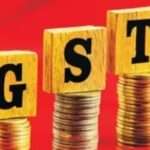
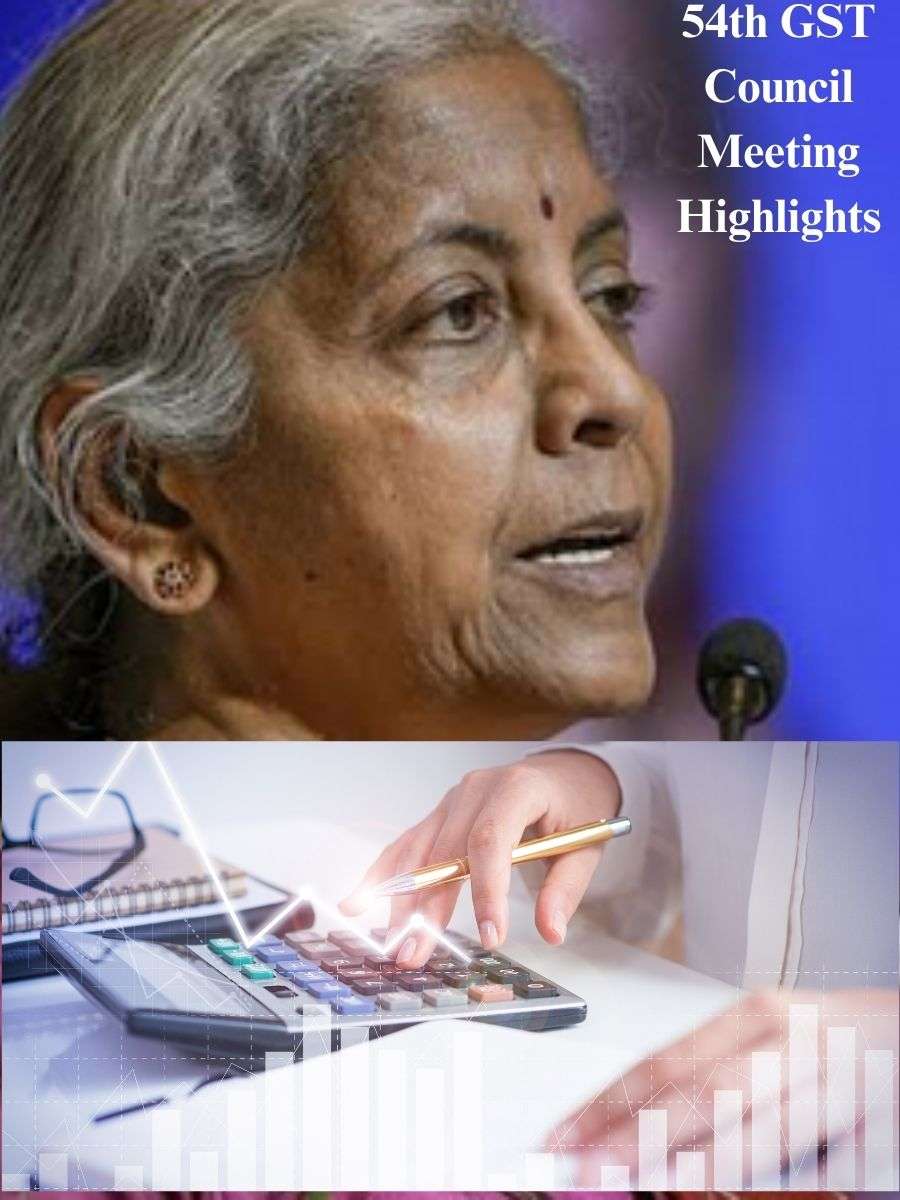
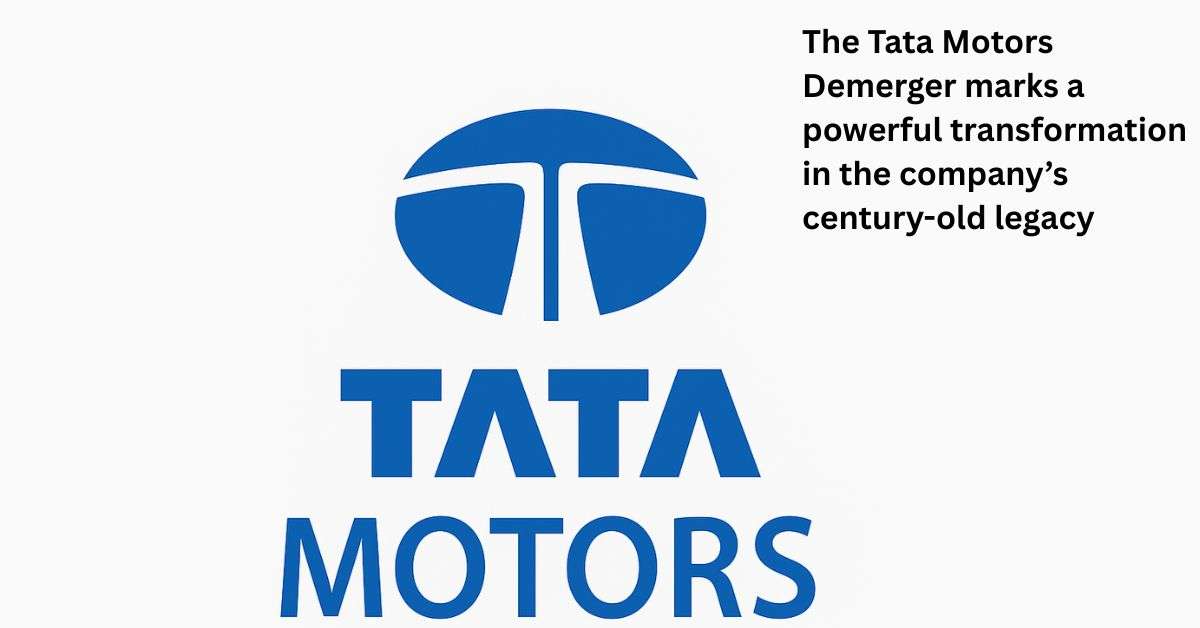
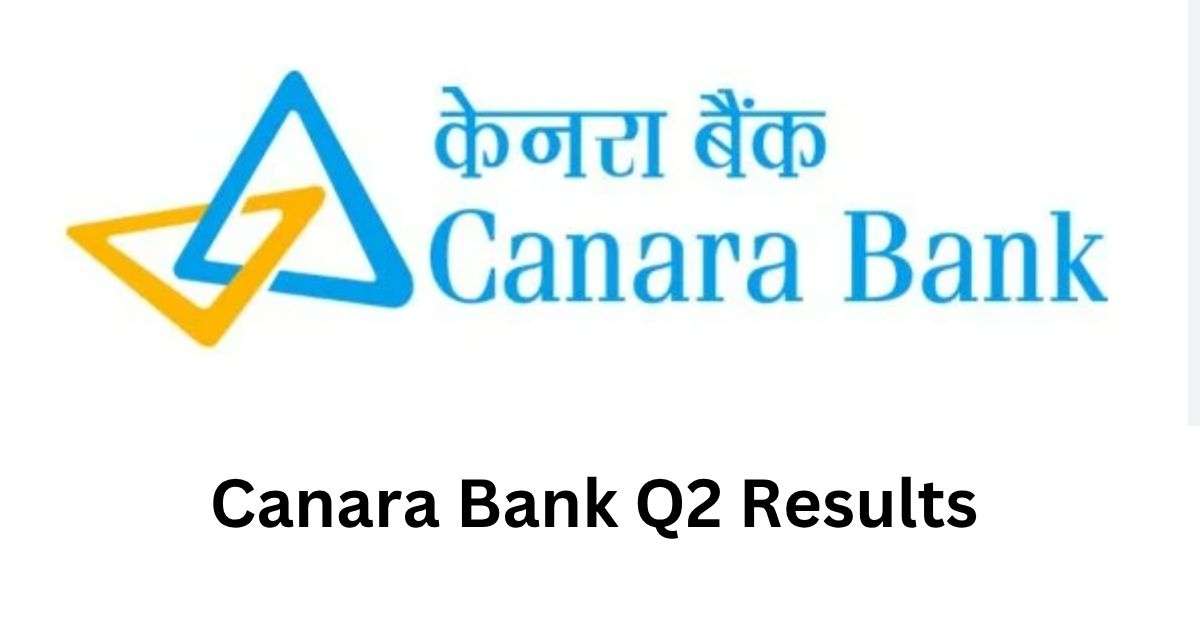

allegheny county real estate Good post! We will be linking to this particularly great post on our site. Keep up the great writing
hiI like your writing so much share we be in contact more approximately your article on AOL I need a specialist in this area to resolve my problem Maybe that is you Looking ahead to see you